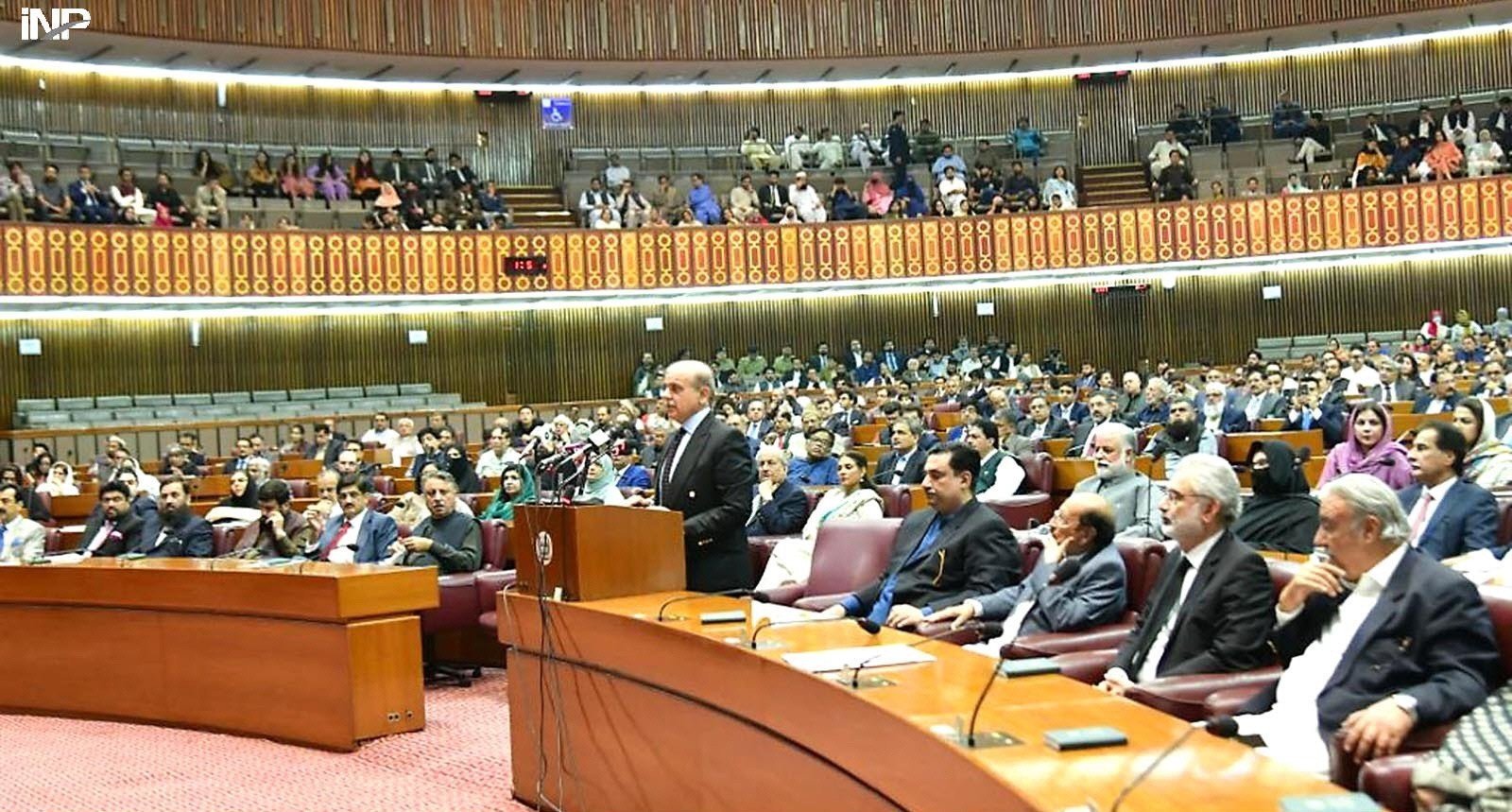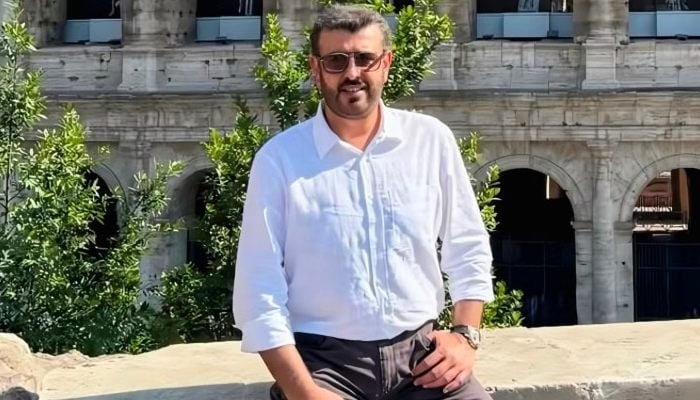A full bench of the Supreme Court in Pakistan, led by Chief Justice Qazi Faez Isa, is currently hearing multiple petitions challenging the Practice and Procedure Act. In a historic move, the proceedings are being broadcast live on television for the first time, allowing the public to witness the legal proceedings.
The federal government has requested the rejection of all the applications against the Supreme Court (Practice and Procedure) Act case and has submitted a written reply to the court. The government argues that the petitions against acts of parliament are non-maintainable, and it maintains that parliament can legislate under Article 191 of the Constitution without affecting the independence of the judiciary.
The petition argues that Article 191 of the Constitution does not prevent parliament from making laws, and the Practice and Procedure Act does not withdraw any authority of the Supreme Court. The government further contends that the petitions against parliament’s laws are inadmissible on merit.
During the hearing, Chief Justice Isa questioned who would present arguments since there were nine petitioners in the case. He also noted that the full court had been formed on the application of the Pakistan Bar Council.
Justice Ayesha Malik raised questions about the status of Section 5 of the Act if the full court hears the case and whether the right to appeal given in Section 5 would not be implemented.
One of the petitioners’ counsel, Khawaja Tariq Rahim, argued that parliament had interfered in the Supreme Court rules regarding the full court.
The Chief Justice asked if the entire law was flawed or if only some of its provisions were problematic. The lawyer contended that parliament’s power to legislate is subject to the Constitution, and the power to make rules and practice and procedure was granted to the Supreme Court.
Justice Minallah asked the lawyer if he was satisfied that the sole authority to form a bench rests with the Chief Justice and whether he believed that the Chief Justice should make decisions in consultation with two senior judges.
The discussion also touched upon the issue of whether the law has made the Chief Justice powerless and whether a constitutional amendment should have been pursued instead of simple legislation.
The lawyer expressed concerns about the right to appeal and argued that if a good step has been taken through incorrect means, it would be wrong.
When asked about the constitutionality of Section 5 of the Act, Khawaja Rahim stated that it was unconstitutional.
The independence of the judiciary and the impact on internal independence were also discussed during the hearing, with various justices expressing their viewpoints on the matter.
The Chief Justice emphasized that he was subject to the law and Constitution and not the Supreme Court. He also mentioned the significant economic impact of certain court verdicts.
The hearing covered a wide range of legal and constitutional issues related to the Practice and Procedure Act, and the proceedings continue as the court examines the petitions and arguments presented by the parties involved.



